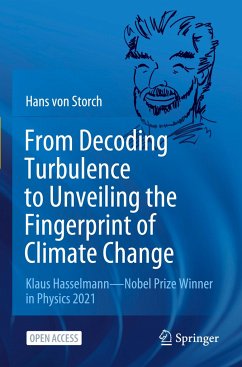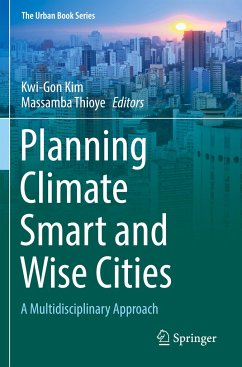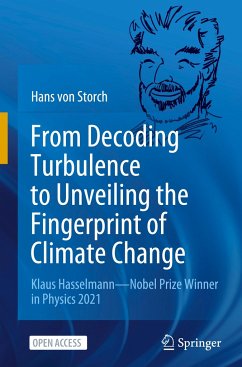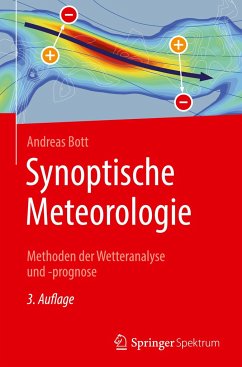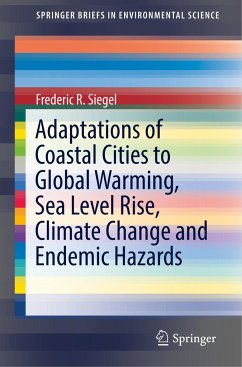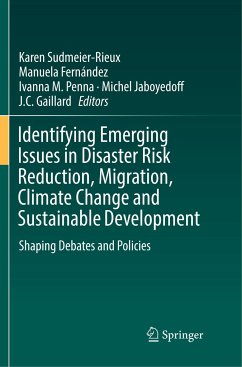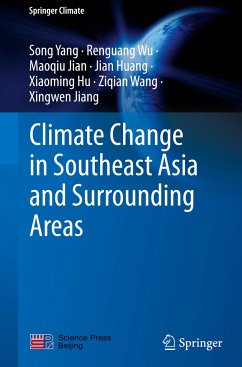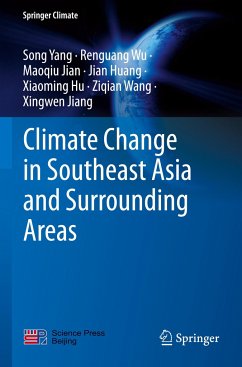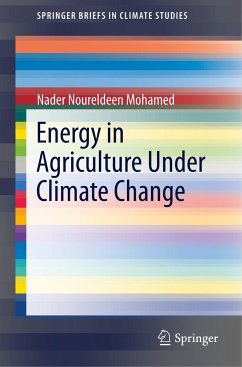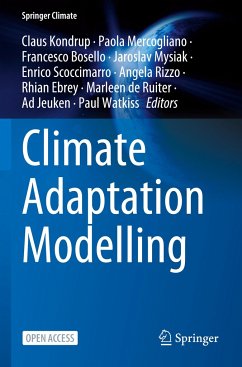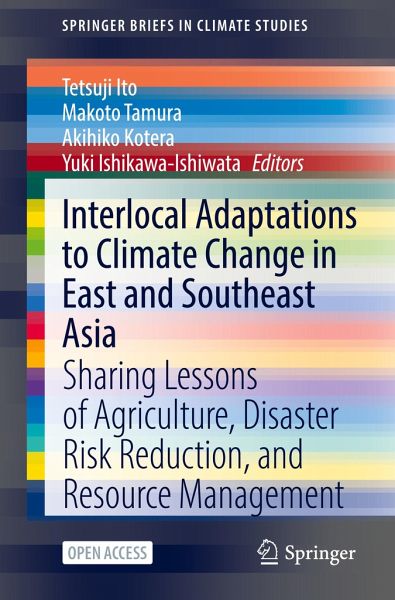
Interlocal Adaptations to Climate Change in East and Southeast Asia
Sharing Lessons of Agriculture, Disaster Risk Reduction, and Resource Management
Herausgegeben: Ito, Tetsuji; Tamura, Makoto; Kotera, Akihiko; Ishikawa-Ishiwata, Yuki
Versandkostenfrei!
Versandfertig in 6-10 Tagen
23,99 €
inkl. MwSt.

PAYBACK Punkte
12 °P sammeln!
This Open Access book's main focus is agriculture and natural resource management, disaster risk reduction, and human resource development in the countries of East and Southeast Asia and Japan.Asia is one of the regions which is the most vulnerable to the impacts of climate change. More than sixty percent of the world's people live in the region, making it the growth center of the world. Asia is vast and includes various countries and regions, this book is focused on East and Southeast Asia including Japan. It is essential to share the knowledge and experiences for adapting climate change amon...
This Open Access book's main focus is agriculture and natural resource management, disaster risk reduction, and human resource development in the countries of East and Southeast Asia and Japan.
Asia is one of the regions which is the most vulnerable to the impacts of climate change. More than sixty percent of the world's people live in the region, making it the growth center of the world. Asia is vast and includes various countries and regions, this book is focused on East and Southeast Asia including Japan. It is essential to share the knowledge and experiences for adapting climate change among these areas.
In order to tackle these issues, the book aims to:
Promote inter-local lessons learnt sharing climate change adaptations; "agriculture and natural resource management" and "disaster risk reduction and human resource development"Provides insights into new adaptation measures and research approaches that can consider the regional natureof Southeast AsiaShare practical adaptation options permeated by society in each country/region
This book will be of interest to researchers and students examining climate change impacts in East and Southeast Asia.
Asia is one of the regions which is the most vulnerable to the impacts of climate change. More than sixty percent of the world's people live in the region, making it the growth center of the world. Asia is vast and includes various countries and regions, this book is focused on East and Southeast Asia including Japan. It is essential to share the knowledge and experiences for adapting climate change among these areas.
In order to tackle these issues, the book aims to:
Promote inter-local lessons learnt sharing climate change adaptations; "agriculture and natural resource management" and "disaster risk reduction and human resource development"Provides insights into new adaptation measures and research approaches that can consider the regional natureof Southeast AsiaShare practical adaptation options permeated by society in each country/region
This book will be of interest to researchers and students examining climate change impacts in East and Southeast Asia.



